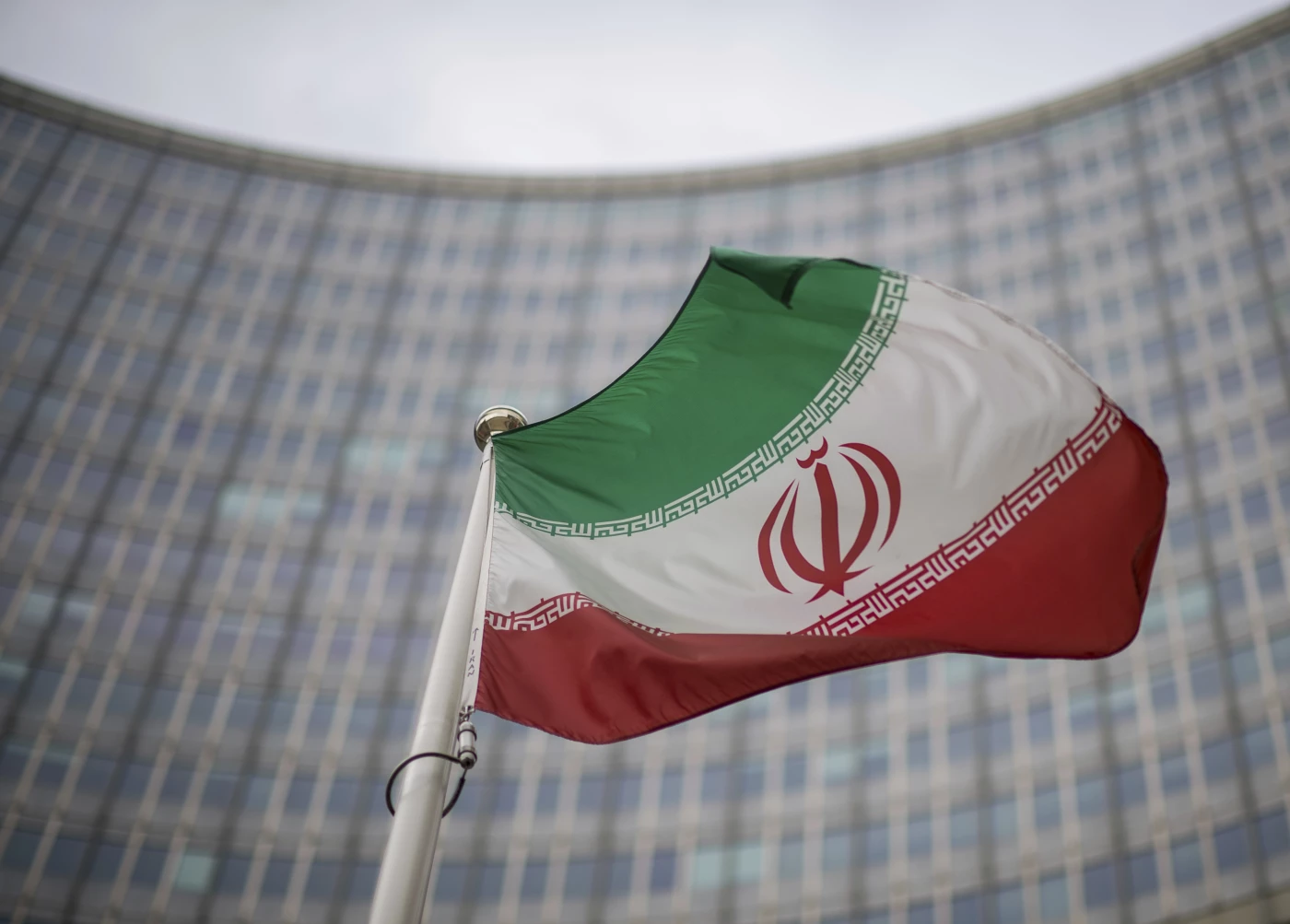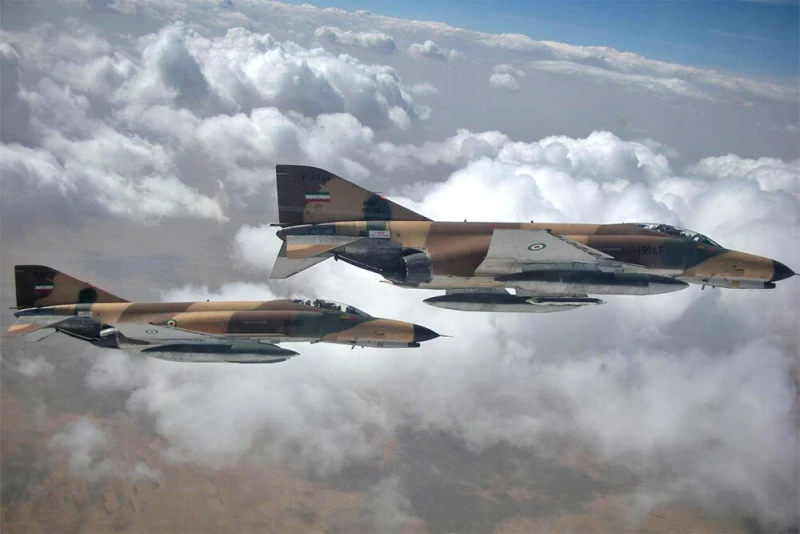ERBIL, Kurdistan Region of Iraq - Iran’s foreign ministry on Saturday announced the expiry of the decade-long UN monitoring mandate over its nuclear program, calling on the international body to remove Tehran from its agenda as the resolution underpinning the 2015 nuclear deal reached its termination date.
The “JCPOA [Joint Comprehensive Plan of Action] and United Nations Security Council Resolution 2231 dated July 20, 2015, concerning Iran’s peaceful nuclear program, the 10-year period established under this resolution will end on Saturday, October 18, 2025,” a statement from the Iranian foreign ministry said on Saturday.
With the resolution mandate expiring, the ministry highlighted that “all of its provisions, including the restrictions stipulated on Iran’s nuclear program and the related mechanisms, will be considered terminated as of that date.”
The statement urged UN Secretary-General Antonio Guterres to “immediately correct incorrect information” on the UN website about the alleged reactivation of expired resolutions against Iran, in accordance with Article 100 of the UN Charter, to prevent further legal and procedural confusion at the Security Council.
The statement stressed that the UN Security Council should also remove Tehran from its agenda, adding that “Iran’s nuclear program should be treated like that of any other non-nuclear-weapon state party to the Nuclear Non-Proliferation Treaty.”
Tehran’s cooperation with the UN was aimed solely at demonstrating the peaceful nature of its nuclear program, which the ministry claimed the nuclear watchdog failed to acknowledge, while the country has faced mounting pressure and sanctions from Western nations.
The UN in September formally reimposed a global arms embargo and other sanctions on Iran via the snapback mechanism, which was activated by JCPOA signatories France, the UK, and Germany.
The statement condemned Israeli and US strikes on Iran’s nuclear facilities and criticized Washington’s 2018 withdrawal from the nuclear deal, accusing the UN of aligning with US interests and disregarding the positions of two permanent Security Council members: China and Russia.
Iranian Foreign Minister Abbas Araghchi, in a letter to the UN chief, emphasized that Resolution 2231 has expired and called any US or European attempts to revive or enforce it, including the “snapback” mechanism, legally invalid.
Ahead of the reimposition of snapback sanctions in September, China and Russia signed a joint proposal to the UN to avoid the activation of the mechanism. The proposal was not adopted.
During his first term in 2018, US President Donald Trump unilaterally withdrew from the JCPOA, also known as the Iran nuclear deal – an agreement between Tehran and world powers to curb Iran’s nuclear program in return for sanctions relief. Subsequent attempts at reviving the deal have failed to yield results.
On Wednesday, Mohammad Eslami, head of Iran’s Atomic Energy Organization (AEOI), said that International Atomic Energy Agency (IAEA) inspectors are not allowed in the country as they failed to fulfill their duties under Tehran’s new nuclear law.
The Iranian parliament voted on a bill in June to suspend cooperation between Tehran and the UN nuclear watchdog.



 Facebook
Facebook
 LinkedIn
LinkedIn
 Telegram
Telegram
 X
X


